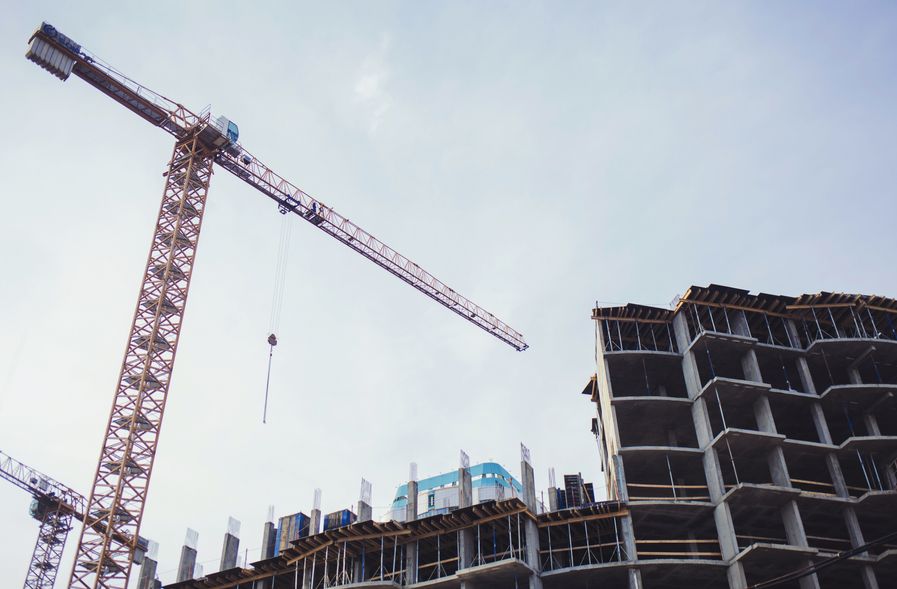Housing starts in Canada are the highest they’ve been since the 1970s but that isn’t the case in Toronto, where scarce supply is causing home prices to surge.
And according to a local developer, the cost of housing in the city is about to escalate even more for different reasons.
“I’ve noticed that costs are escalating at a very alarming rate. If you’re producing and transporting less material, their costs spike, and the same thing is happening with labour,” Scott McLellan, senior vice president of Plaza Corp., told CREW. “In general, it’s happening with prices for everything else too, and it’s probably going to get worse because inflation hasn’t fully kicked in yet. Material will cost more because gas prices have gone up, and that will have a major impact on the affordability of a new home.”
RBC recently reported that there were 260,500 housing starts in the country over the last year, but Toronto only saw an increase of 500 units. The city’s housing supply shortage is well documented and often cited as the reason for exorbitant prices, but insufficient availability aside, McLellan estimates that the cost of new builds could rise by as much as 20-30% within the next year. Moreover, it will take years for those housing starts to reach completion.
“Even a year ago in downtown Toronto, a condo would be launched at $1,100 psf, and today it’s closer to $1,500,” he said. “Most of our materials are delivered by trucks. There’s a truck driver shortage for a number of reasons, but I’m certain it has to do with the cost of fuel. To get your kitchen to the site, the cost has already gone up 25% because gas prices have gone up 25%. Gas prices are on the verge of spiking here in Canada. The guy who delivers your kitchen has to pay those extra fuel costs.”
Mark Cohen, managing partner of TCS Marketing Systems, works with a lot of Toronto’s developers and says costs are indeed rising. In addition to COVID-induced supply chain issues delaying the delivery of materials to construction sites, development charges are up.
“I’ve worked for developers most of my life and the shortage of materials is a real problem because it drives pricing up, and that means things take longer to get done,” Cohen said. “Delays are common in the new construction business for low- and high-rise, but people’s inability to get the supplies and products they need is becoming a major issue. In the GTA, there’s very little for under $1,000 psf—Mississauga, Vaughan and Pickering are all north of $1,000 psf.”
When prices rise too quickly and reach a certain threshold, which in this case would price out a significant chunk of buyers, market activity decelerates and Cohen believes this is one of those times.
“It just can’t keep going because it’s scary what’s happening to our pricing. Some things will flatten because affordability is key, and we have fallen behind on a national basis with keeping up with demand. New home sellers need to be bullish on the future but we need a reality check. When things slow down sometimes, it’s because people realize there’s too much, too fast, and right now is one of those times—too much demand and price increases. I don’t see dark clouds on the horizon but it will have to slow down otherwise people will spend a million dollars to live in little apartments. We’re in the 22nd year of a seven-year cycle.”
Neil Sharma is the Editor-In-Chief of Canadian Real Estate Wealth and Real Estate Professional. As a journalist, he has covered Canada’s housing market for the Toronto Star, Toronto Sun, National Post, and other publications, specializing in everything from market trends to mortgage and investment advice. He can be reached at neil@crewmedia.ca.









